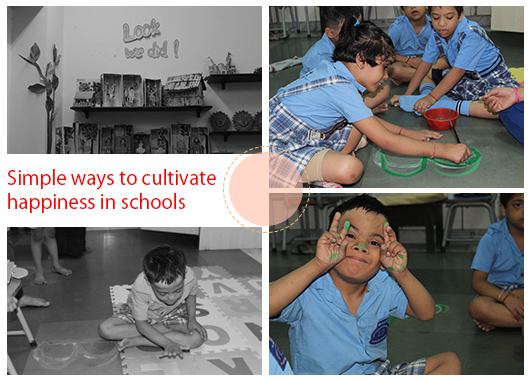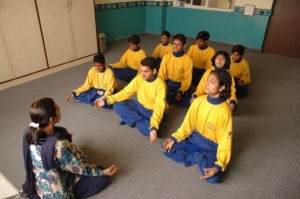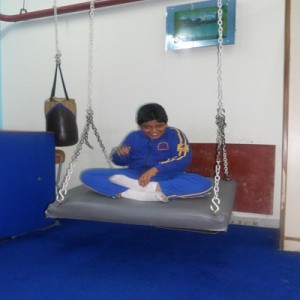Connecting Signs: A Language We All Must Learn
When you’re thirsty, you ask for a glass of water. What about those who can’t speak?
When you’re lost, you ask for directions. What about those who can’t make themselves heard?
When you’re worried, you call a friend and talk for hours at end. What about those who don’t have that option?
When you hear music, you can’t keep your feet from tapping. What about those who can’t hear?
Clearly, we need to bridge the gap and connect with the unconnected! And Connecting Signs does just that.
What is Connecting Signs all about?
It is about connecting those missing dots.
It is about making those unheard voices heard.
It is about breaking down those walls that keep us from communicating.
Connecting Signs is a way for us to reach out to those who need us the most, and in a way that has never been done before!
In our day to day hustle, we don’t realize that life is not as easy for those who can’t hear or speak. Even if we do take out the time to reach out, we do so with an air of sympathy or commiseration. The important realization, which we often forget, is that those with a speech or hearing impairment are truly gifted in ways that go beyond the ordinary. All they need is a little touch of magic from those of us who can encourage and help them.
International Week of the Deaf 2017: September 18 – September 24, and Connecting Signs is an endeavour, which will raise greater awareness around those who can’t speak or hear. The campaign will strive to signal the many challenges these people face, besides the many hardships they bear due to societal negligence and lack of effort.
The various activities and events will be a sincere attempt at bridging all gaps, and opening doors to effortless forms of communication. Besides educating the masses about sign language and its importance, Connecting Signs will also embrace the differences, give life to new friendships, and negate all forms of misconceptions and taboos associated with such impairments.
The power to change lives lies in our hands! Are you giving a thumbs up to this one?


















